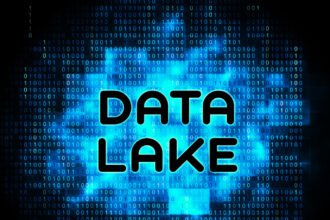Big data can be frightening and overwhelming. Plenty of news outlets have already attested to that. But when you pull back the mask on data, do you know what it is that you really see?
Turns out that it isn’t a bunch of 1s and 0s, nor some obtuse computer programming language. No, when you truly unmask your data, you see individuals. You see people just like you and just like me.
Big data can be frightening and overwhelming. Plenty of news outlets have already attested to that. But when you pull back the mask on data, do you know what it is that you really see?
Turns out that it isn’t a bunch of 1s and 0s, nor some obtuse computer programming language. No, when you truly unmask your data, you see individuals. You see people just like you and just like me.
The point is this: at the end of the day, big data is all about human behaviors and affinities. What, when and where a human purchases something is big data. Which brands, at what point, because of which post does a human like a Facebook page is big data. Where and how often did a human see an ad, and more, did that human click on that ad, is big data.
At it’s core, big data is a a very simple concept – but the speed of its growth and our collective inability to process the relationships between behavior A and affinity B without batch computing make big data an industry ripe for technological innovation. Yet, individual consumers are and will always remain the most important piece of the big data puzzle. And with such an important piece, its vital that the our digital ecosystem provide some sort of true and trustworthy protection, especially as we mold big data to fit our needs.
For most, this translates to security and transparency in data use and collection, and actively championing such values in an effort to indoctrinate them into the future of Internet best practices despite potential innovation-driven disruptions.
See, big data isn’t going away. To do so would be a mass extinction of humanity as we now know it. Instead, big data is going to become our digital currency and identity – one that all consumers are able to leverage in their benefit with the companies and brands they trust.
H.O. Maycotte, CEO, Umbel from Umbel on Vimeo.
The emergence and implementation of a data democracy will bring about a future in which data rights are afforded to the users creating such data, allowing them to make the conscious decision or lack thereof to share or remain anonymous.
For some, like Umbel, we believe that ensuring this future of the Internet becomes a reality begins by doing the right thing right now – which is why we advocate for data transparency and security at every opportunity. Because big data is important, but your right to use and live in a connected world on your own terms comes first.
Technology is people-centric. Big data must be as well.








